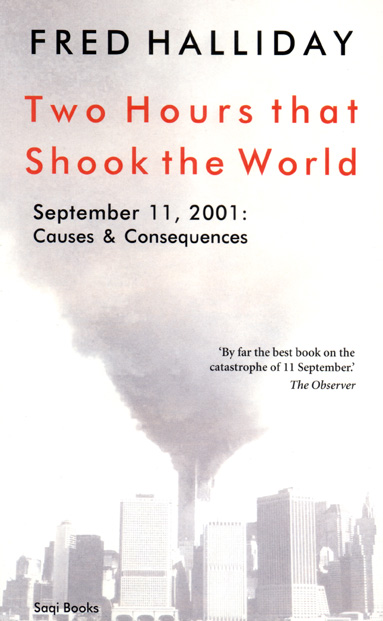
£9.99
About the Book
The London bombings of 7 July 2005 revived the debates that raged after 11 September, 2001. What relation did they bear to the foreign and war policies of the UK and the US? Were they symptoms of a ‘cultural clash’ between deep-seated ‘values’ or signs of a social crisis at the root of the ongoing conflict? How should we analyse the present-day emergence of fanatical forms of Islamic fundamentalism?
The title of the book refers to the famous thesis on the ‘Clash of Civilizations’. Achcar develops a counter-thesis, namely that the clashes we are witnessing do not oppose civilizations, but their dark sides. Each civilization produces a specific form of barbarism which tends to take over in periods of crisis. Accordingly, the Bush administration doesn’t embody the values of ‘Western civilization’ nor does Islamic fanaticism of the al-Qa‘ida type represent ‘Islamic civilization’. The clash between them is a ‘clash of barbarisms’ in which the main culprit remains the most powerful.
The war of aggression and occupation in Iraq led to blatant manifestations of Western barbarism, most strikingly epitomized by the torture at Abu-Ghraib, and inevitably nurtured fanatical Islamic and other counter-barbarisms.
About the Author
Gilbert Achcar grew up in Lebanon. He is Professor of Development Studies and International Relations at the School of Oriental and African Studies, University of London. He has written extensively on politics and development economics, as well as social change and social theory. His publications include The Clash of Barbarisms: September 11 and the Making of the New World Disorder (2002), published in 15 languages; Perilous Power: The Middle East and US Foreign Policy (2008), with Noam Chomsky; the critically acclaimed The Arabs and the Holocaust: The Arab-Israeli-War of Narratives (2010); The People Want: A Radical Exploration of the Arab Uprising (2013); and Morbid Symptoms: Relapse in the Arab Uprisings.
Reviews
‘This inquiry into the probable shape of things to come is sober, uncompromising, deeply-informed, and full of provocative insights and judicious analyses.’ Noam Chomsky
‘Overturns the traditional perspective, and opens up avenues of understanding.’ Howard Zinn
‘The most forceful, most rigorous text that there is to read on this war.’ Le Monde Diplomatique



